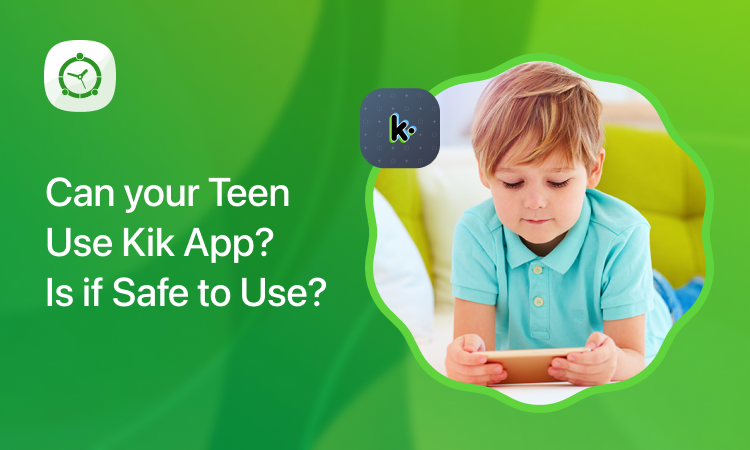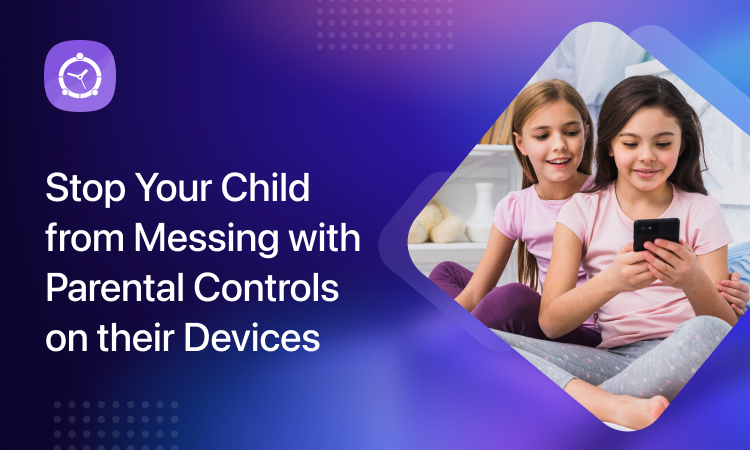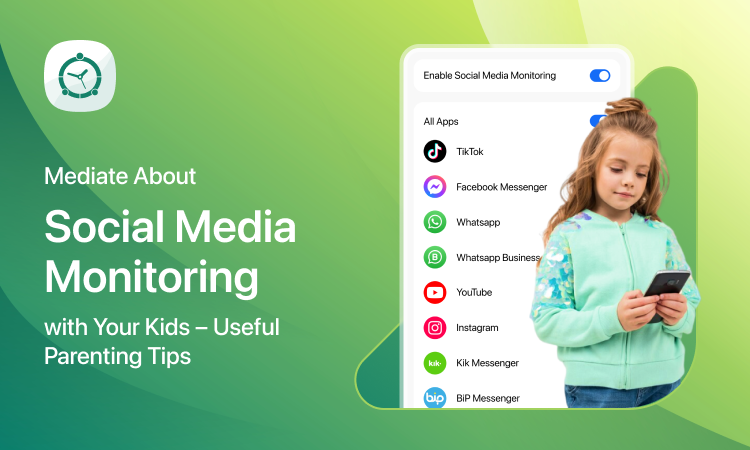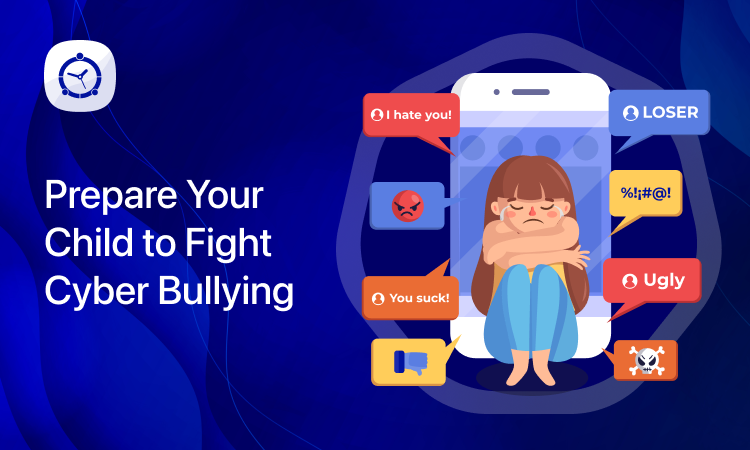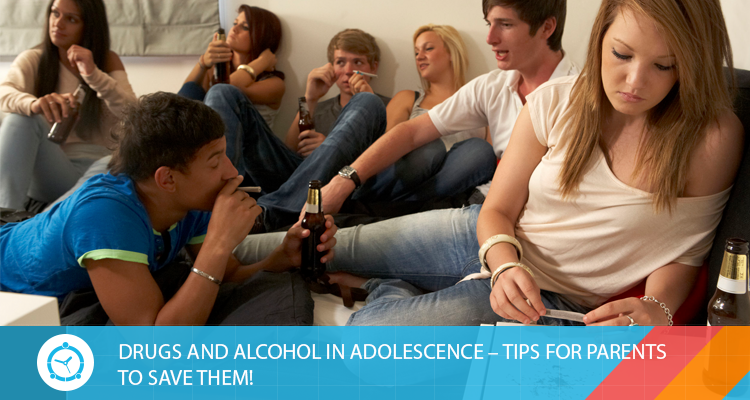
As a parent, it is perfectly natural for you to worry about your child as he moves into adolescence. During those years, you suddenly feel less important in your child’s life, as the classmates begin to compete for that role. However, you can still help your child enjoy a healthy and safe lifestyle that includes being free of drugs and alcohol.
The vulnerability of adolescents to the dangers of alcohol and drug abuse is well documented. Substance abuse presents risks such as damage to organs or chronic diseases, as well as dangerous risk behaviors, increased exposure to sexually transmitted diseases and an increase in aggressive behavior. Drug and alcohol abuse can also disrupt the developing brain, interfering with memory, learning and emotional functioning.
Factors Contributing to Substance Abuse:
The risk factors that increase the likelihood of your teen abusing drugs or alcohol are diverse: for example, a family member or a group of peers who abuse substances, academic difficulties and anxiety or depression.
Signs of Drug or Alcohol Abuse:
Often, adults believe that their children simply are not able to fall prey to drugs or alcohol. Many deny the possibility altogether or choose to believe that their children are simply “experimenting” with the substances. Despite these denials, one fact is inescapable: any adolescent may be vulnerable to substance abuse. The important thing for parents is to learn to recognize when it has happened to their child. Here are some signs of drug or alcohol abuse:
- Nosebleeds
- Change in appetite or sleep patterns
- Unusual odors in your child’s clothes or body
- Tremors, altered coordination, difficulty speaking
- Red eyes or trouble focusing
- Changes in school performance or extracurricular activities
- Lying or stealing
- Get in trouble frequently
- Sudden changes in your child’s group of friends
- Change in personality
However, there are several protective factors that can help minimize these risks. It is our role as adults to encourage or responsibly provide:
- Activities that promote self-esteem
- Open and frequent communication about drugs / alcohol between parents and children
- Access to positive role models in the life of a teenager
- Drug education at school and at home
- Avoid contact with activities where drugs or alcohol will be present
With this, keep keen eyes on their communication using the SMS monitoring app such as FamilyTime to know what do they talk about and with whom. In addition to this, there are also some important things you can do as a parent to talk more honestly with your child about drugs and alcohol:
- Be available when your child wants to talk.
- Explain the dangers of drugs and alcohol in a way appropriate for their age, and teach your child to make healthy choices.
- Explain why you do not want your child to use drugs or alcohol.
- Avoid judging or expressing anger when talking about the subject.
- If your child asks, be honest about your personal experiences with drugs and alcohol.
- Listen to what your child says and also pay attention to what he does not say.
Above all, remember that your child still needs your advice and help with serious problems such as substance abuse. Teenagers may like to think they have everything solved, but most of the time this is not the case. The good news is that a good communication style and a proper vision can help your child avoid many of the most common pitfalls of substance abuse in adolescents.



